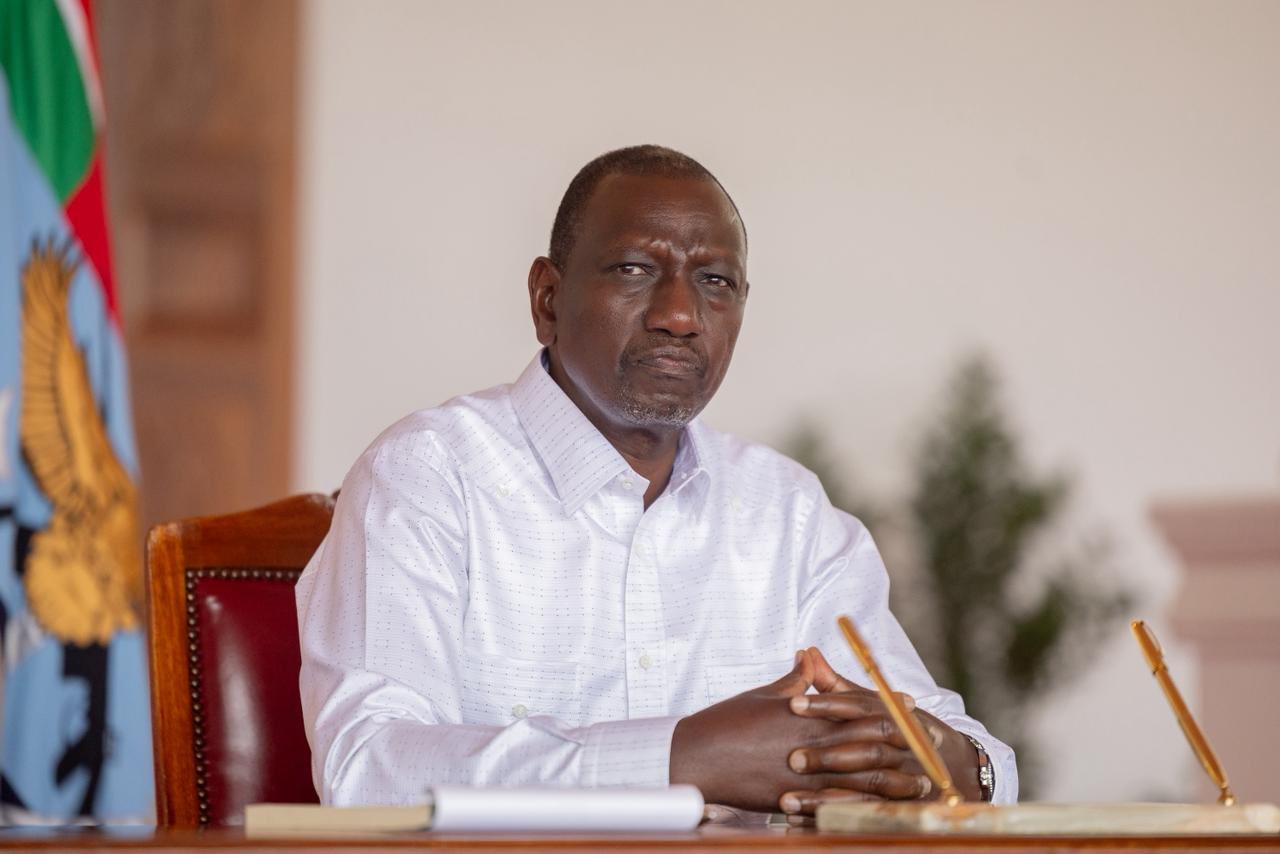President William Ruto’s decision to sign eight new bills into law on October 15, the same day Kenya mourned the death of former Prime Minister Raila Odinga, has drawn mixed reactions across the country.

The bills include amendments to key laws such as the Land Act, National Land Commission Act, Computer Misuse and Cybercrimes Act, National Police Service Commission Act and the Privatization Act. Others are the Wildlife Conservation Act, Air Passenger Service Charge Act and the Virtual Asset Service Providers Bill.
Supporters of the government say the new laws will modernize governance, protect citizens and promote transparency but critics argue that some of the amendments were rushed and lack public participation.
Former Chief Justice David Maraga described the move as a betrayal of the 2010 Constitution, accusing the government of using grief to push through laws that limit freedoms and increase executive control. Former Justice Minister Martha Karua also faulted the President, saying the laws silence dissent and weaken civic voices.
Among the most contested laws are the Computer Misuse and Cybercrimes (Amendment) Act, which gives government agencies power to block websites and the Privatization Act, which critics say allows the sale of public assets without enough oversight.
On Tuesday, Reuben Kigame and the Kenya Human Rights Commission (KHRC) filed a High Court petition against the controversial Computer Misuse and Cybercrimes Act saying it violates Constitution and infringes on civil liberties.
As legal battles begin, the eight laws have sparked a national debate on governance, transparency and the future of Kenya’s democracy.





